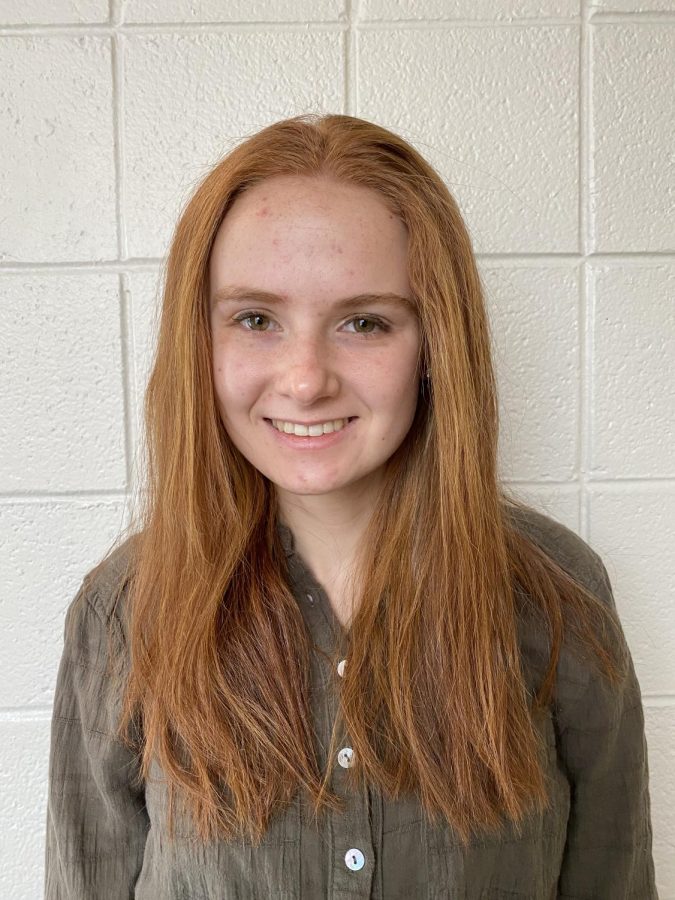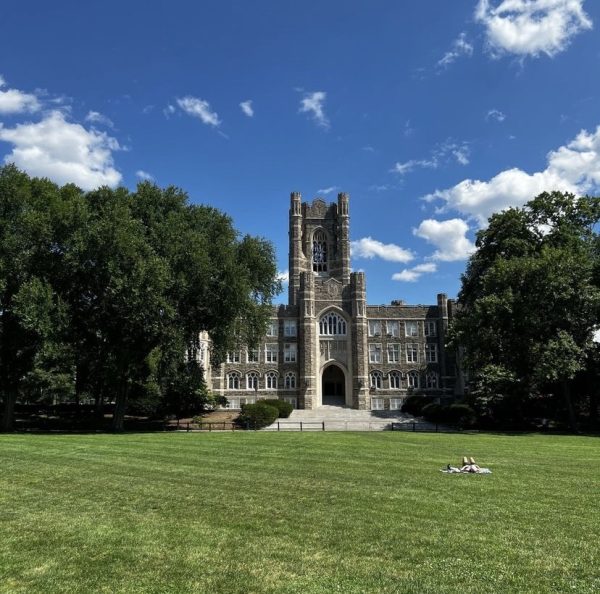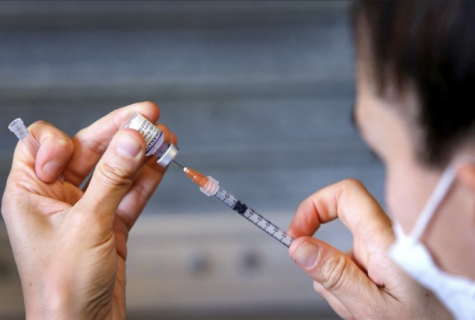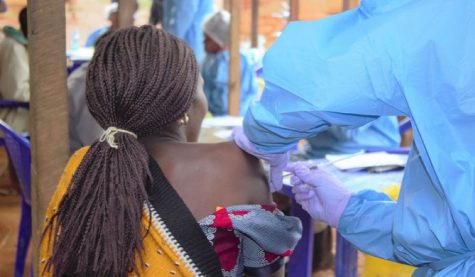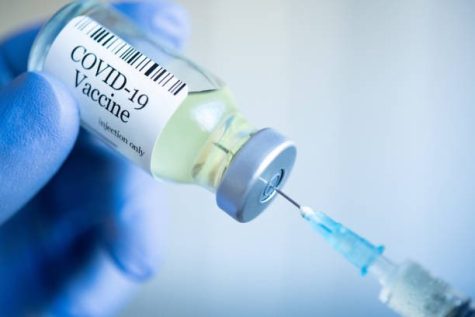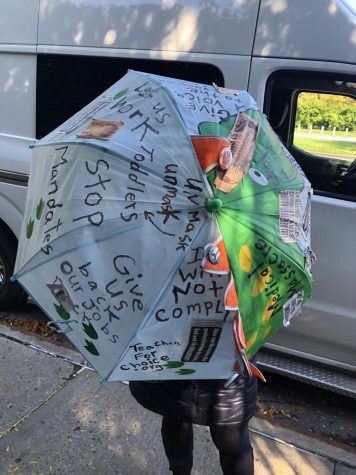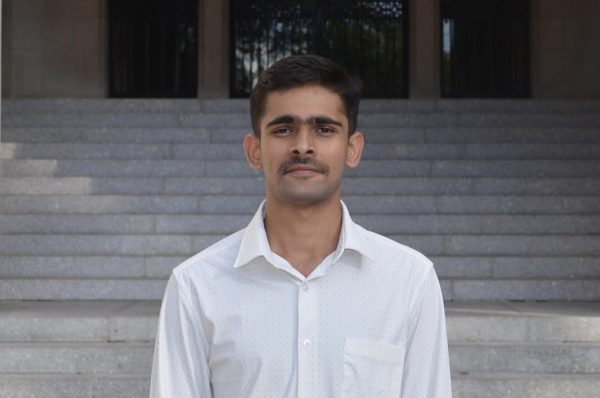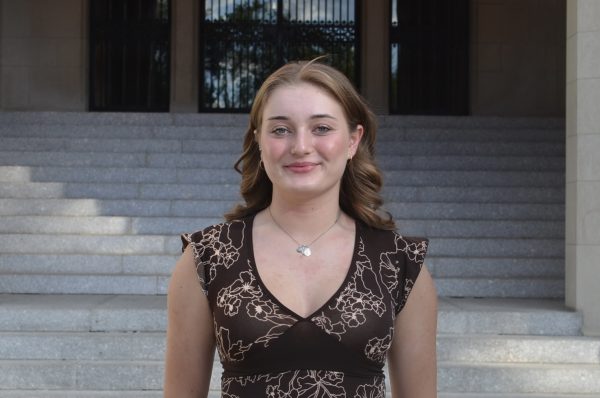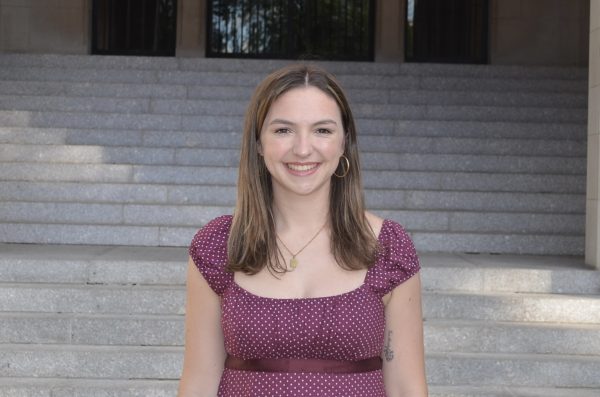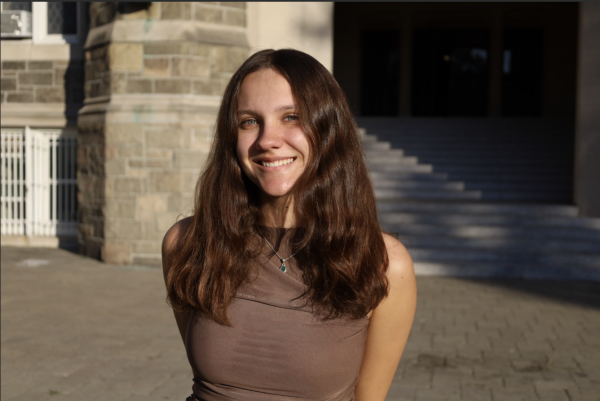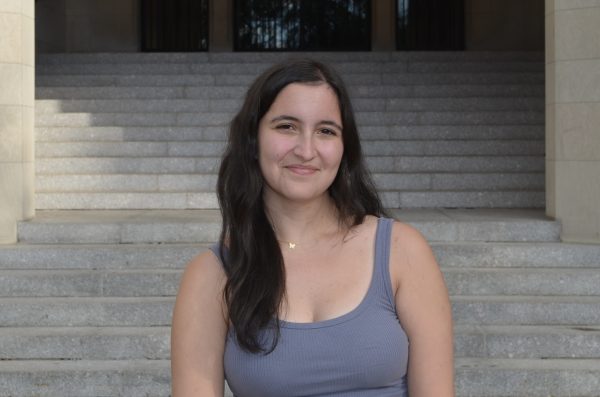A Year Later: Is the End of the Pandemic Actually Close?
When I sat down to write this piece, I caught a glimpse of the date in my planner: March 13. The one-year anniversary of the infamous March 13 when the COVID-19 pandemic forced the world to shut down. So much has changed in our daily lives since last March 13.
Seeing someone without a mask on outside is more alarming and confusing than seeing people wearing them. Try explaining that to a person in early March 2020. Dots marking six-feet spaces at grocery stores are the norm. Hearing that a friend or family member has a small fever or is slightly under the weather is extremely nerve-wracking. People going to parties and packed events are now seen as inconsiderate and selfish rather than people who like to have fun. Zoom is the new normal method of conducting events, classes and work.
In terms of my personal life, so much has changed. This time last year I was a senior in high school. I did not know where I was going to college, or if I would be able to go in person. I did not know whether typical senior year activities like graduation or prom would happen. For others, this time last year they were being sent home from college, unaware of if or when they would be able to come back. Toilet paper was a scarcity and things like the efficacy of masks were unknown.
Now with more people getting vaccinated and herd immunity building, the world faces a more positive future. Even here at Fordham, things are looking bright. The outbreak that caused Rose Hill to go on a two-week shutdown seems to have slowed. The administration announced that the fall 2021 semester is expected to be normal, pending health guidelines in the fall. To me, this is incredibly uplifting news.
However, even with the prospect of returning to normal life soon, there are still new COVID-19 variants emerging, as well as another surge as people experience pandemic fatigue. Pandemic fatigue is a huge problem in the United States and is abundantly clear in places like Texas where mask mandates have been lifted.
At this point in the pandemic, I am confused on how to feel. On one hand, I want to be optimistic about the future. I want to see the vaccination rates going up and imagine a fully normal next semester and get excited.
But on the other hand, is that the same optimism we experienced in March 2020 thinking things would be back to normal after two weeks? With the major disappointment of last March and watching event after event get canceled, optimism is hard.
Even during the summer, when cases in the United States were going down, they then quickly rose again during the winter to rates higher than ever before. It is confusing to know when to be excited about the possibility of returning to normal life because it feels as though once the pandemic starts heading in the right direction, things reverse every time.
With more people being eligible for vaccinations and President Biden providing more vaccines, there are more tangible reasons than before to believe that the end of this pandemic could be soon. But if that’s the case, why does the end still seem so out of reach?
There is a constant tug-of-war in my head between my optimistic and pessimistic side. At times I passionately believe that we can see the light at the end of the tunnel. The next day, someone tests positive for COVID-19 even though they followed all CDC guidelines, making the end feel farther away and the pandemic everlasting.
The more I think about the end of the pandemic, the more confused I get. Am I not letting myself get excited about being closer to the end than ever before because I want to protect myself from potential disappointment if it doesn’t happen? Or does it seem unbelievable because COVID-19 has become such a massive part of life that visualizing a world without it seems bizarre?
Either way, the next few months will be telling. I don’t know what is going to happen and I don’t think anyone else does either. March 13 marked a day of reflection. I desperately hope that the pandemic gets under control and people stop getting sick. At this point, all we can do is hope. Along with, of course, continuing to wear masks, social distance and get the vaccination when eligible.
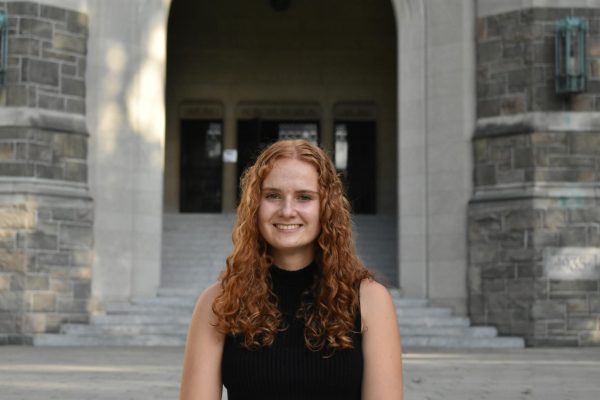
Isabel Danzis is a senior from Bethesda, Md. She is double majoring in journalism and digital technologies and emerging media. The Ram has been a very...





































































































































































































